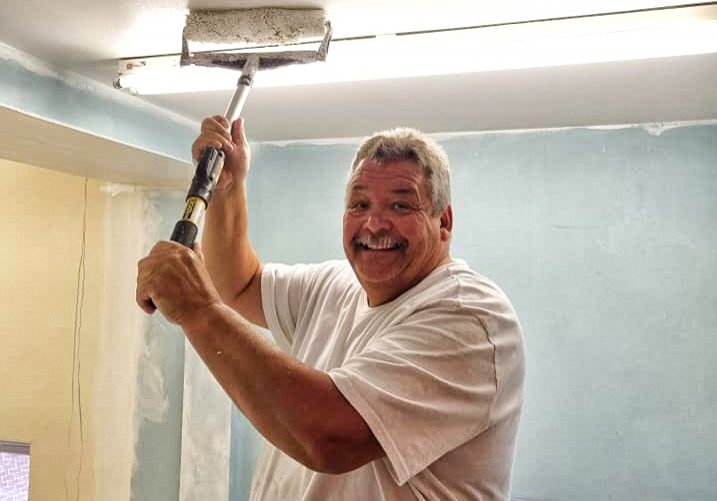Careers: How to become a submariner
Ever wondered what it’s like to work underwater? Mechanical engineer Lt. Isobel Rawlinson talks about her role, and rowing across the Atlantic

Did you always want to work on submarines?
Oddly, going under the sea wasn’t the attraction. I always wanted to join the Royal Navy – drawn by the camaraderie, teamwork and work ethic. I wanted to work with nuclear energy, and the most interesting reactors are on RN vessels.
How did you achieve your career goals?
All the training required (and additional academic qualifications – a post graduate diploma) are provided by the RN. A positive attitude and willingness to learn are the most important things you need, along with a sense of adventure.
What’s it like working on a submarine?
The first dive is always exhilarating, and initially it can seem quite foreign, but once you’re deployed, you don’t really think about being underwater. You forget really quickly. Your office just happens to be a small cabin and your understanding of personal space shifts. It’s impressive how quickly people adapt to life on board – it creates a close-knit team, and everyone relies on each other.
What does your role involve?
As Assistant Marine Engineering Officer on board Vanguard-class submarines, I was responsible for the maintenance and operation of the propulsion systems, reactor systems (the main systems related to the nuclear reactor) and ships systems (air, hydraulic and husbandry). I was head of my section and the most rewarding parts of the job are growing relationships with your team. My next role is Deputy Marine Engineering Officer and I will be responsible for the management of all sections of the department.
What’s the best part of your job?
I really enjoy it when things go a bit wrong! It’s a chance to use our knowledge. I’ve seen some of the most ingenious solutions because there is no external support – we rely on ourselves and the resourcefulness never fails to amaze me.
“Approach everything with an open mind. Never assume you’re not capable.”
And what’s the most challenging thing?
Even though I enjoy a challenge, not having the external support is also tricky, both when things go wrong and for the lack of contact with family. That is something I struggle with, especially when there’s a birthday or Christmas. Missing out on a family get-together is tough – the FOMO is real!
Do you have any advice for cadets about achieving their career ambitions?
Approach everything with an open mind. Never assume you’re not capable. If you’re uncertain, always ask. It’s better to ask than put yourself in a position where you don’t have the information you need. And sometimes it’s important to take things day by day, but have an eye on the horizon – the bigger picture is always more important.

In 2024 you will embark on the world’s toughest row – crossing the Atlantic. Why did you take this challenge on?
The opportunity is too good to pass up! It will provide all sorts of challenges and take me out of my comfort zone. Although the physical aspect of it is intriguing (can we actually do it?!), there is also the logistical aspect. But most importantly, it’s an opportunity to showcase women in the military, defence and STEM, as well as mental health and resilience. We want to show ordinary people doing something extraordinary. If we can show the trials and tribulations, hopefully we can help someone else facing even bigger challenges. I’m really excited – for the good and the bad.
How can young people develop life skills like resilience and adaptability?
Sea Cadets exposes young people to different scenarios, builds confidence and encourages resourcefulness. It also teaches communication with older and more senior people. And, most importantly, you’ll gain a support network that will help you face any challenge.
Photos: ©Crown copyright Defense Imagery CPOA(Phot) Tam McDonald
More Advice

Volunteer spotlight: Unit property
The Property Team is here to help you with all things related to your unit’s premises, from leases and liability to building projects


